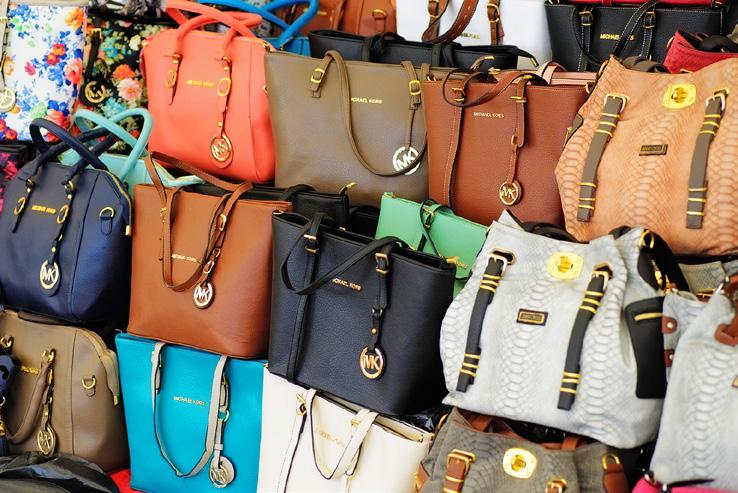
3 minute read
CURBING ILLEGAL TRADE IN MICHIGAN
USA-IT: working together to curb
illegal trade in Michigan
By KRISTIN REIF, Director of External Affairs, Philip Morris International
Illegal trade takes many nefarious forms and is perpetrated by a shadowy web of criminal and terror organizations. Regardless of the commodity, criminals will traffic anything that earns a profit— from items often viewed as “victimless crimes” like counterfeit luxury purses and apparel to dangerous contraband like illicit drugs and weapons. Transnational crime facilitated by illegal trade is a $2.2 trillion-a-year industry and has far-reaching consequences around the globe and across the United States. And Michigan is no exception.
Michigan is best known as the car capital of the world, but it’s less well known for something equally significant: the world’s busiest commercial border crossing where the Detroit River meets Canada.
Though famous as a key industry in Michigan, the U.S automotive industry is also famous amongst black market traffickers as a source of immense profit. Across the country, the industry loses an estimated $3 billion annually due to service parts counterfeiting.
The Detroit border crossing handles more than $206 billion in cross-border commodities annually, with more than 13,000 trucks and 25,000 automobiles driving through every single day. Inevitably, the border crossing has also emerged as a major conduit for transportation of illicit substances from Canada, including large quantities of illegal drugs. But drugs are by no means the only product trafficked by black market criminals. A problem of this magnitude cannot be tackled by a single agency, government, or industry. Curbing illegal trade requires cooperation and public-private partnerships, making full use of existing expertise, information sharing, innovative solutions, and evolving technologies. Public actors, the private sector, and civil society alike all have a role to play.
Often regarded as a global problem, the tenacles of illegal trade are evident in the U.S. and in Michigan.
For years, retailers have been challenged by the growing problem of online counterfeit goods. This problem, ranging from the sale of fake sneakers to pirated software, has been exacerbated by the COVID-19 pandemic. Since the pandemic began, online counterfeited products rose by nearly 40 percent. Criminals even took advantage of customers’ fears and sold mountains of counterfeit personal protective equipment (PPE) to unsuspecting Americans.
Michigan also contends with a formidable trade in illegal tobacco products, which costs the state and its taxpayers $207 million every year. Instead of funding critical services for all Michiganders, those lost millions are profiteered by criminals and often feed directly into other forms of organized crime, including drugs and human trafficking
Despite the best efforts of law enforcement, Michigan is a hot spot for illegal trade. The Office of National Drug Control Policy lists 12 Michigan counties as high intensity drug trafficking areas—Michigan had the seventh-most deaths in the country from cocaine with 768 fatalities in 2018. The state also ranks seventh in U.S. in human trafficking cases, with 1,871 cases since 2007—and those only account for the cases that were reported.
That’s why a coalition of national and state brand enforcement experts, law enforcement agencies, and leading business organizations have come together to form United to Safeguard America from Illegal Trade (USA-IT). USA-IT is providing local officials, law enforcement, and other thought leaders with information and training programs to help tackle illegal trade and raising public awareness of the depth of the problem as well as the severe consequences inflicted on states and municipalities by black market profiteers.
USA-IT is proud to partner with the the Michigan Retailers Association (MRA) in the fight against black market criminality. MRA members provide their customers with high quality products and are on the front lines of the fight against counterfeit or expired products that could negatively impact the lives of customers and their families.
By working together, we can better confront the scourge of illegal trade, hold criminals accountable, and build a safer and more prosperous Michigan.








